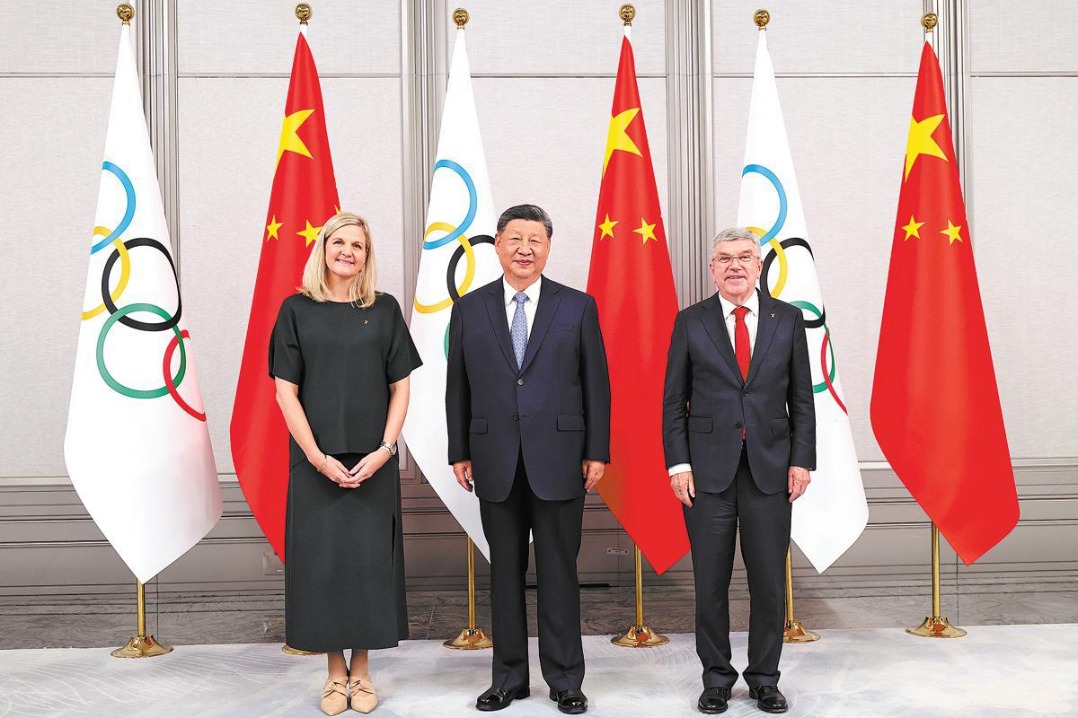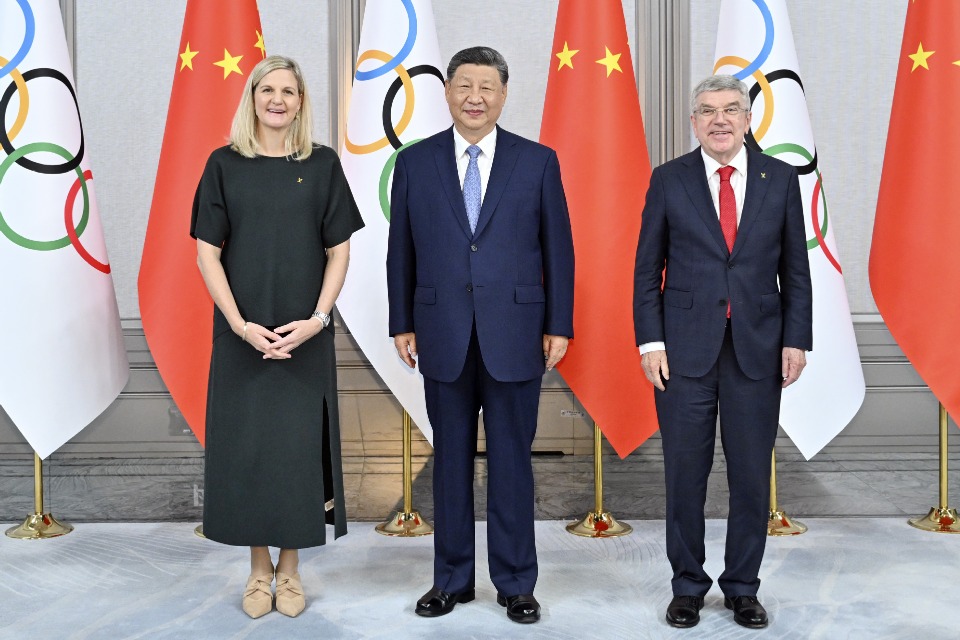Chinese assistance a humanitarian obligation


China's fight against the novel coronavirus outbreak has proved effective. Still, there are people in other countries who think China took too long to act, but this is not entirely true. We have to understand that when a new epidemic threat arises, recognizing the danger is not immediate. There is a time for medicine, and a time for politics.
A book, Le Peur en Occident, written by Jean Delumeau in 1978, reconstructs the social effects of a pandemic. The reconstruction is based on the various epidemic cases in history. The first effect is that of "the denial of the authorities". The authorities' neglect to take action is frequent in the history of pandemics. And there are several justifications for that: they do not want to scare the population, they do not want to interrupt relations with the outside world, or even are afraid to face the situation.
Yet though the outbreak was first reported in Wuhan, Hubei province, the fact is that the municipality's public health committee alerted the World Health Organization on Dec 31, when the city had only 27 cases of infection. In mid-January, the central government began to take measures to contain the spread of the virus as well as for large-scale medical care, and even set rules to hold accountable negligent officials.
On March 11, WHO Director-General Tedros Adhanom Ghebreyesus said that novel coronavirus cases in China would be in significant decline. For him, it was an "impressive" result. And much of this success owes to the governance model of China, and the Chinese people.
While fighting against the outbreak at home, China has helped more than 100 countries by sending medical supplies, expert teams, and even promoting meetings with experts from different countries to share their experiences in combating the pandemic.
This humanitarian action is a concrete expression of the concept of a community with a shared future for mankind proposed by President Xi Jinping.
But while the West calls this "mask diplomacy", there are countries that are now waging "mask wars" by confiscating medical products that had other countries as their destination. Germany, France and Brazil have claimed the United States could have done this.
We must prevent the arduous fight against the virus in different countries from becoming a reason for anti-humanitarian action against another country or other countries. Political decency is needed in this fight against a threat that is common to all. In this sense, cooperation is essential, especially with the poorest countries.
Therefore, Chinese assistance should be praised, not subjected to criticism or prejudice. Part of this prejudice against China has historical and political roots in the West. Still, it is, above all, motivated by the political and economic interests of foreign governments and businesses that want to take advantage of the pandemic to damage China's image in the world.
The fact that the West blames China for the spread of the novel coronavirus has indeed caused some damage to China's image. To deal with this damage, China has taken upon itself the moral obligation-because it is not a legal obligation-to help other countries.
This humanitarian assistance is partly done for humanitarian reasons and partly to reduce the damage caused to China's image because of the accusations labeled by the West. In other words, there are humanitarian reasons, and also a national interest. But both are legitimate and have a positive outcome: to defeat the pandemic.
The stigmatization of China by the West has other causes, such as ignorance, fear of Chinese ascension, also economic interests.
The pandemic has created some challenges, too, for the world, and global cooperation can play a big role in meeting those challenges. The first challenge is to strengthen multilateralism. In this sense, the reform agenda of international organizations aimed at enhancing their power and giving them an important role is an urgent challenge. Global cooperation depends on strengthening these international institutions so they do not become too dependent on the goodwill of individual states for cooperation.
Another problem is the environmental and sustainable development plan that covers a wide range of issues, including the protection and promotion of global health.
Finally, the post-pandemic world will have to deal with the economic consequences of the virus. And the resumption of international trade and foreign investment has become an urgent issue. But to be successful in this area, it is necessary to put an end to the US-launched trade war against China. Hope this clash does not continue after the pandemic.
The author is director of the Center for Chinese Studies, Getulio Vargas Foundation, a Brazilian higher education institution and think tank.
The views don't necessarily represent those of China Daily.


































